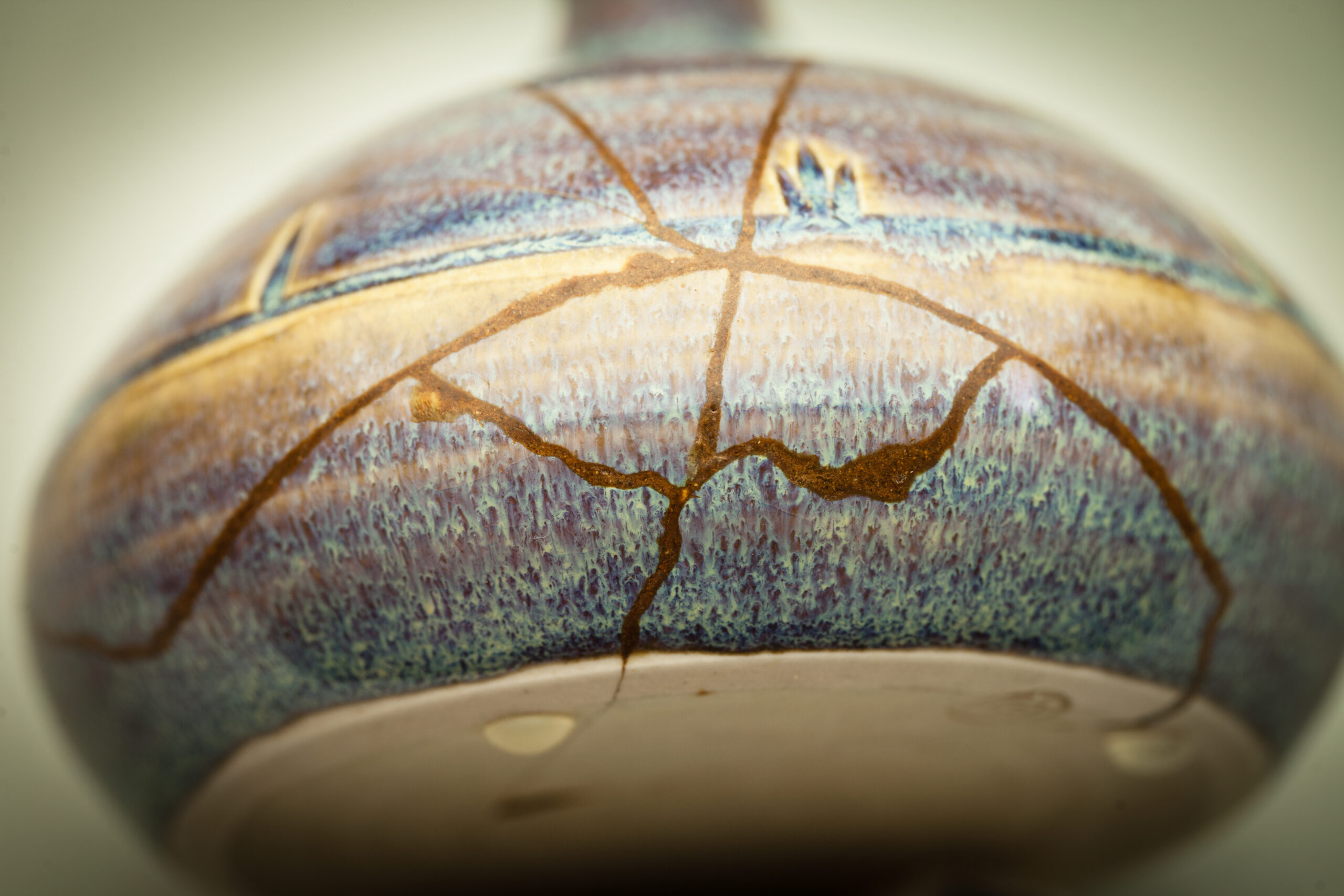Katie Steedly’s first-person piece [The Unspeakable Gift] is a riveting retelling of her participation in a National Institutes of Health study that aided her quest to come to grips with her life of living with a rare genetic disorder. Her writing is superb.
In recognition of receiving the Dateline Award for the Washingtonian Magazine essay, The Unspeakable Gift.
Enter your email here to receive Weekly Wide-Awake
Me: Emotions – Gifts and Thanks

Everything is gift. The degree to which we are awake to this truth is a measure of our gratefulness, and gratefulness is a measure of our aliveness.
David Steindal-Rast
Section I, “Me: Emotions – Gifts and Thanks,” in Diana Butler Bass’ Grateful: The Subversive Practice of Giving Thanks examines what it means to be grateful for the fullness of experience – both the good and the bad – in our search to live meaningful and joyful lives. This message resonates with me deeply. Since 2016, I have sought to better understand gratitude by conducting conversations with people of a variety of backgrounds and perspectives directly about the subject. I wanted to have conversations that thought deeply about what it means to live a grateful life. I have captured the content of those conversations in Gratitude Conversations Volumes I-VI posted on my website.
In 2019, I continued having gratitude conversations. I taught a writing class at a men’s federal prison in Miami focused on gratitude. The class was made up of students age 18 to 80. They were primarily men of color. The class lasted 12 weeks and students kept gratitude journals and completed several essays. Each class session was focused on a different gratitude-related topic: gratitude research, gratitude beyond positivity, and gratitude and grief, for example. I learned so much from the students throughout the class, not only about gratitude but also about humanity, compassion, and love. The “inside the fence” perspective shattered my heart in a million pieces, regularly.
The Steindal-Rast quote at the top of this post was a writing prompt I used on the day of class focused on being grateful to everyone for everything. That idea is common in Buddhist teaching. I asked them to write a thank you note to someone to whom it was difficult to thank. I did not put any perimeters on the assignment. They could write to an easy or hard person, or anyone in between, depending upon what their heart could hold. I just wanted them think about what it might look like to frame gratitude in the complexity of the question, “What does being grateful to everyone and everything really mean?” Those that wanted read their thank you notes aloud. Their notes were to their wives, their children, their parents, the people who let them take the fall, prison officials, and others. They disagreed about whether it is possible to be grateful for being in prison. They disagreed about whether some people deserve to be forgiven. They disagreed about redemption and if people can change. Being grateful to everyone and everything is the heart of those disagreements.
Gratitude is, as Butler Bass suggests, a subversive practice. It disrupts the stories we tell ourselves about right and wrong, good and bad, fear and shame. It forces us to rebel against our worst angels and live a life of loving kindness. It inspires questions and reflection rather than fixed-in-concrete opinions. Ultimately, when we are grateful for everyone and everything, and view our whole lives as a gift, we open ourselves to grace.
About Katie

From Louisville. Live in Atlanta. Curious by nature. Researcher by education. Writer by practice. Grateful heart by desire.
Buy the Book!
The Stage Is On Fire, a memoir about hope and change, reasons for voyaging, and dreams burning down can be purchased on Amazon.





